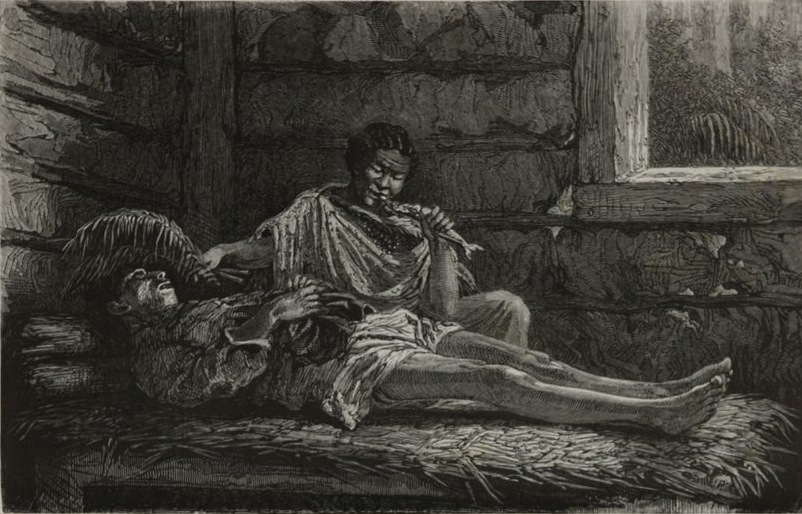
Coming up soon!
Led by historian Xanda Lemos, Ph.D. from Emory University, this project aims to unveil the historical progression of psychedelic therapies in the Americas, spanning from the 1930s to the contemporary era. By examining the interplay between medicine, spirituality, and culture, the project endeavors to conduct exhaustive research, pinpointing sources that depict the therapeutic deployment of psychedelics within American societies.
This research centers on the history of ayahuasca, but it also encompasses an exploration of the transatlantic backdrop and the syncretism embodied by Santo Daime. This investigation serves to bridge gaps across indigenous traditions, Afro religions, Catholicism, and esoteric beliefs, elucidating the syncretic nature of these practices.
“Psychedelic Practices in the Americas” dives into the dual roles that these practices undertake—as medicinal treatments and gateways to esoteric realms. Moreover, it delves into the physiological effects of natural chemical compounds, shedding light on how these compounds induce alterations in consciousness and sensory perceptions within the human body. Tracing its historical trajectory and its assimilation into the societal fabric of several American societies, this project culminates in an examination of the medical and spiritual dimensions inherent in substances like ayahuasca and forest medicines such as rapé. In doing so, it evaluates not only their effectiveness but also their cultural significance.
“Psychedelic Practices in the Americas” harmonizes with the objectives of The Transatlantic Bodies Project by unraveling the tapestry woven by these therapies. The investigation of the symbiotic relationship between these therapies, and how the interaction of entities has transcended geographical boundaries across time, provides invaluable insights aligned with the TBP’s mission of nurturing interdisciplinary cooperation, pioneering research, and a profound comprehension of global dynamics.
The study of psychedelic practices will ultimately enrich multiple perspectives, fostering a holistic understanding of how these practices resonate across bodies within the transatlantic world.